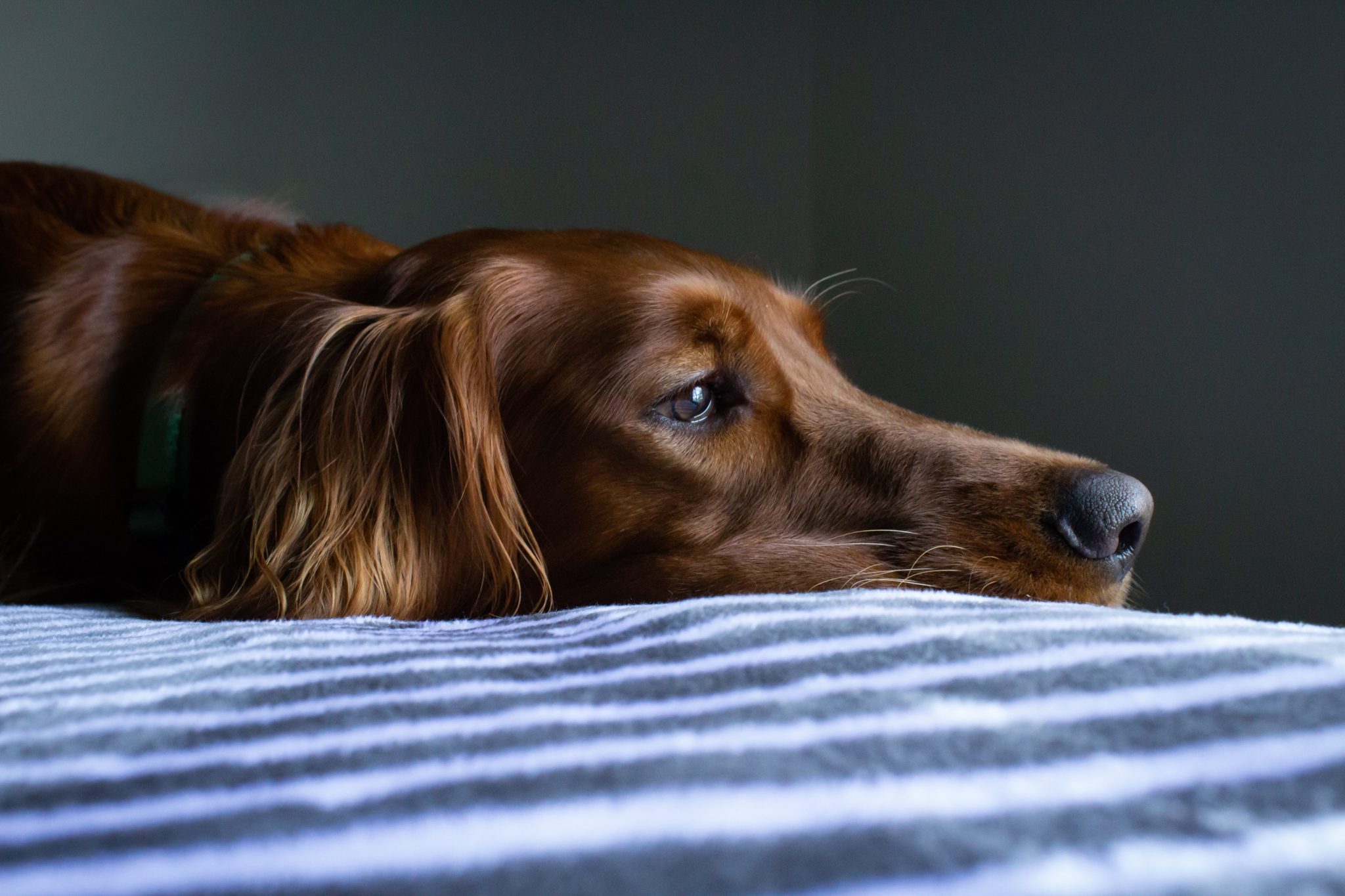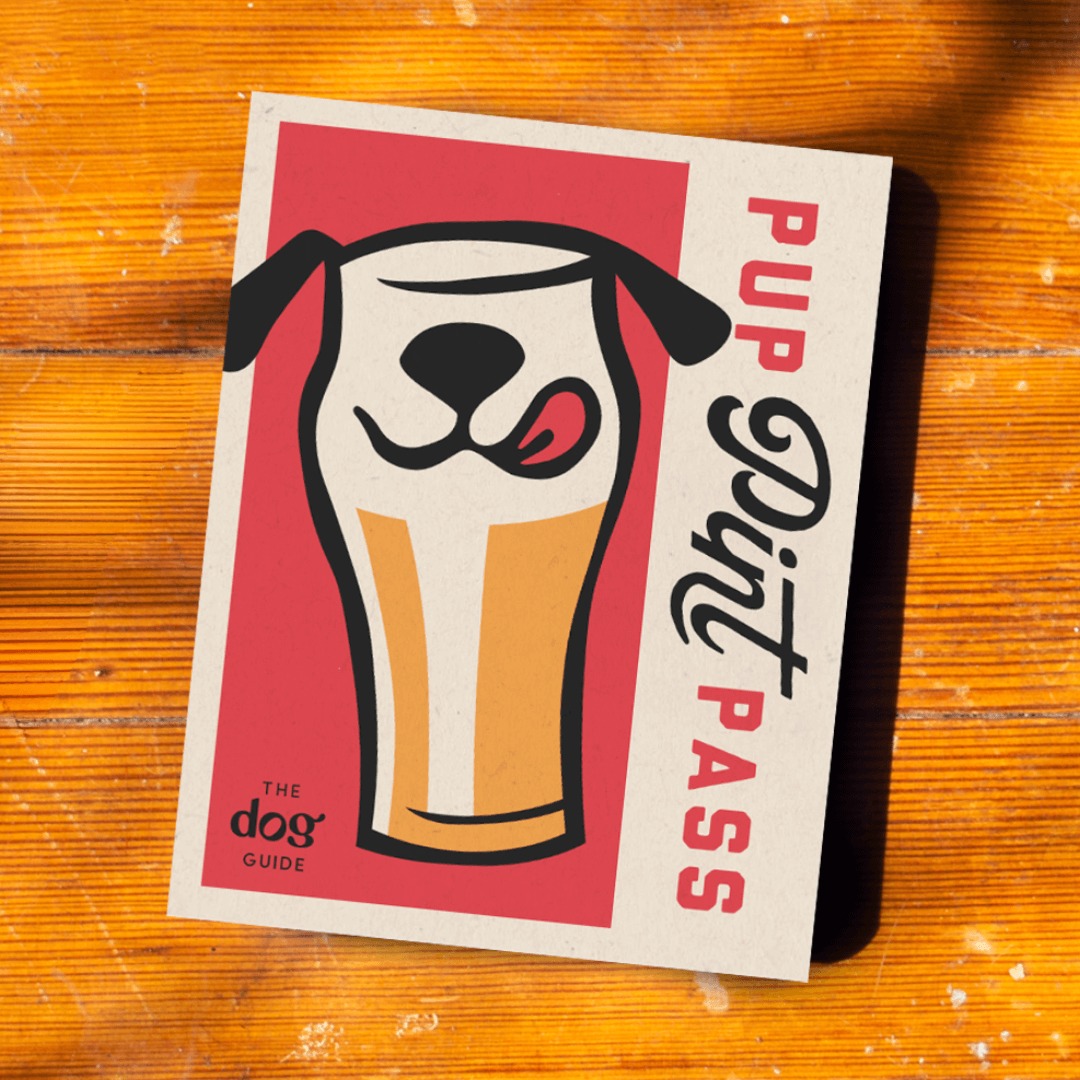
If you’ve ever suffered the loss of a pet, you might wonder if the remaining pets in your home grieve the loss like we do. Pets are our family and when we lose one, it can cause real, intense grief–to both the humans AND the other pets in the home. Dogs and cats are pack animals and so they look to the other humans and animals in their home for safety and security. When a “pack member” leaves, that can cause a lack of stability for the animals in your home.
Sometimes, the death of a pet in the home can cause other pets to begin to act out, or show signs of distress and grief. These are very common reactions to an abrupt change in an, otherwise, very dependable situation. First up, let’s discuss what grieving looks like for our pets.
How can I tell if my pet is grieving?
You might notice your remaining pets looking around the house for their lost family member. This seeking behavior is very normal and you might find them looking in a deceased pet’s favorite napping or sunning spots. This interest in a pet’s old haunts shows that your other pets are genuinely wondering where she went and likely miss her.
You might also see changes in the personalities of existing pets. They might cling to you more, or be more withdrawn. They might also show less interest in eating and playing than normal. If your dog or cat stops eating for longer than a couple of days though, you’ll want to do whatever you can to convince them to eat, as going long stretches of time without food is dangerous. Try to entice them to eat with their favorite foods or even chicken baby food, if nothing else appeals to them.
Allow them time to adjust
Just like humans, animals need some time to come to terms with their “new normal.” You might notice a new pecking order, or social structure emerge among your other pets and this is very normal. If possible, leave them alone to work this out themselves. It might involve a little growling and other seemingly aggressive behavior, but, as long as no one gets hurt, it’s all part of the process.
As hard as it might be, try to control your own emotions around your existing pets. Pets are very intuitive and when their human is distraught, it causes them stress. Vets recommend that you talk to your pets in an upbeat voice and refrain from getting too loud and emotional in front of them.
Hold off on replacing your pet
Sometimes, our instinct is to immediately replace our dearly departed pet with a new one. While we, here at Dog Guide San Antonio typically will NEVER advise you against adopting a needy pet from a shelter, in this case, hold off for a while to allow both you and your pets to grieve and adjust to life without a certain four-legged family member. Bringing a new pet into your home now might only cause more stress for you all and, ultimately, resentment that the new pet isn’t fitting in as well as you’d hoped.
With a little time, love and understanding, rest assured that all of the creatures in a home will heal and recover from the loss of a precious friend. The death of a pet is one of the hardest things that pet lovers endure, but, alas, it is the price of choosing to love something that we will (surely) outlive.
Want to know more about keeping your pets happy during difficult times? Check out these posts:
4 Natural Ways to Ease Joint Pain in Older Dogs

